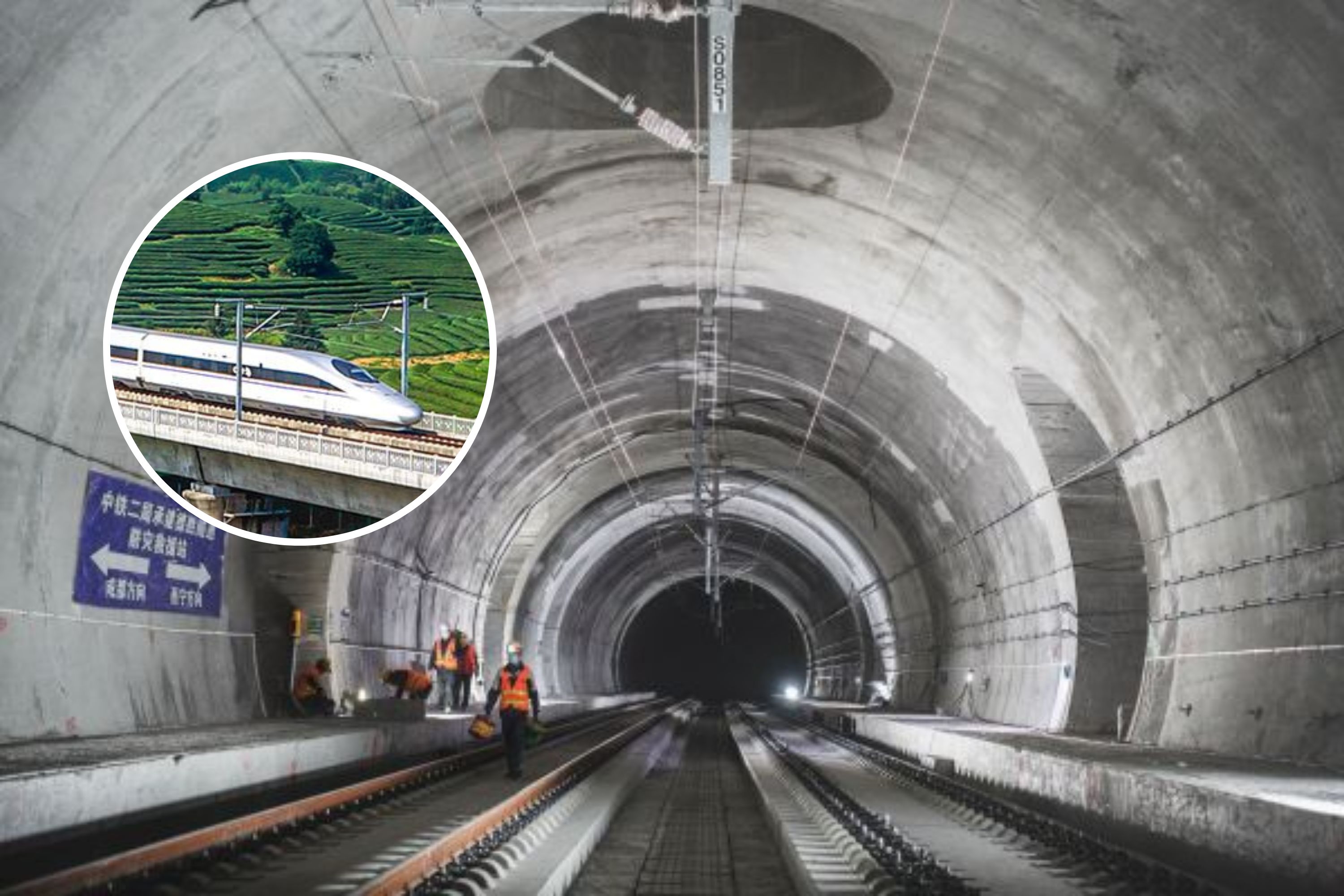The Chinese government has begun cracking down on national protests against the country's ongoing COVID-19 lockdown protocols by occasionally arresting or interrogating residents in their own homes, a sign some experts see as a means to avoid antagonizing an already delicate situation.
In recent days, numerous reports from the country have painted a picture of a nation in revolt, with protests not seen in decades breaking out in major population centers over the nation's "zero-COVID" policies and a general sense of dissatisfaction with the country's direction.
Typically relegated to local complaints, protest activity has also come to include vocal dissatisfaction with the leadership of Xi Jinping, the general secretary of the Chinese Communist Party and the country's leader for the past decade, creating a mood not seen since the Tiananmen Square protests in the late 1980s.
As a leader, Xi has sought to personalize the country's COVID-19 policies alongside the successes of other, national initiatives. And as protests commence against those policies, public opinion has become his regime's biggest threat.
While protesters have begun to clash with police, Chinese officials—one expert told Newsweek—have begun to recognize the potential of the protests, and are now seeking to suppress dissent before it begins, targeting people in their homes and seizing cell phones to dissuade residents from taking to the streets.
Though the technology at play is new, the principle is the same: Stop the spread of information before it happens to reduce the threat of catalyzing the masses.

"To me, this feels very familiar, at least this part of it: the idea of kind of not trying to make a scene, trying to reduce backlash in the moment," Jeremy Wallace, an expert in Chinese history at Cornell University and the author of the new book Seeking Truth and Hiding Facts: Information, Ideology, and Authoritarianism in China, told Newsweek.
"By kind of more targeted repression, and hoping that the fear of such things will keep people from protesting in the first place," Wallace added.
On Tuesday, one video that has widely circulated online depicted Chinese police checking passengers' mobile phones on a Shanghai subway train for evidence of virtual private network software that could be used to circumvent the national blockade of social media apps like Telegram.
The move came before what state media described earlier this week as a looming law enforcement crackdown on protest activity.
Another report, by AFP, described a female protester who shared a story of her and five of her friends receiving phone calls from Beijing police after attending a protest, demanding information about how many people they traveled with, the time they went, and how they heard about it.
In one case, she told AFP, a police officer visited her friend's home after a phone call to her residence went unanswered.
"The police stressed that last night's protest was an illegal assembly, and if we had demands then we could submit them through the regular channels," the woman told AFP.
“He asked very specifically how many people were there, what time I went, how I heard about it," she told AFP of the call.
— Laurie Chen (@lauriechenwords) November 29, 2022
"The police stressed that last night's protest was an illegal assembly, and if we had demands then we could submit them through the regular channels."
But the protesters' message has managed to spread in other ways, inspiring a national conversation about the direction of the country that has never had the opportunity to bloom.
Wallace said the nature of the country's ability to control the spread of information has inspired other aspects of the movement—namely, the protesters' practice of holding up blank sheets of paper—to demonstrate the cohesiveness of dissatisfaction against the Chinese government.
While not saying anything at all, the blank white pages have a common meaning for everyone who sees them, Wallace said, building a sense of national solidarity without directly challenging the regime.
But it also helps capture the amorphous desires of the population—those who oppose Xi, and others who don't necessarily wish for his resignation—and the unusual expression of free speech in Chinese society.
"I think there are actually real differences within the population about what the real frustration is," Wallace said.
"Is it zero-COVID and lockdowns? Or is it beyond zero-COVID and lockdowns, but also the constant surveillance, constant censorship, and a leader who's unwilling to let the people govern or participate in politics? That's kind of an interesting piece that I haven't seen emphasized," he added.
Uncommon Knowledge
Newsweek is committed to challenging conventional wisdom and finding connections in the search for common ground.
Newsweek is committed to challenging conventional wisdom and finding connections in the search for common ground.
About the writer
Nick Reynolds is a senior politics reporter at Newsweek. A native of Central New York, he previously worked as a ... Read more





